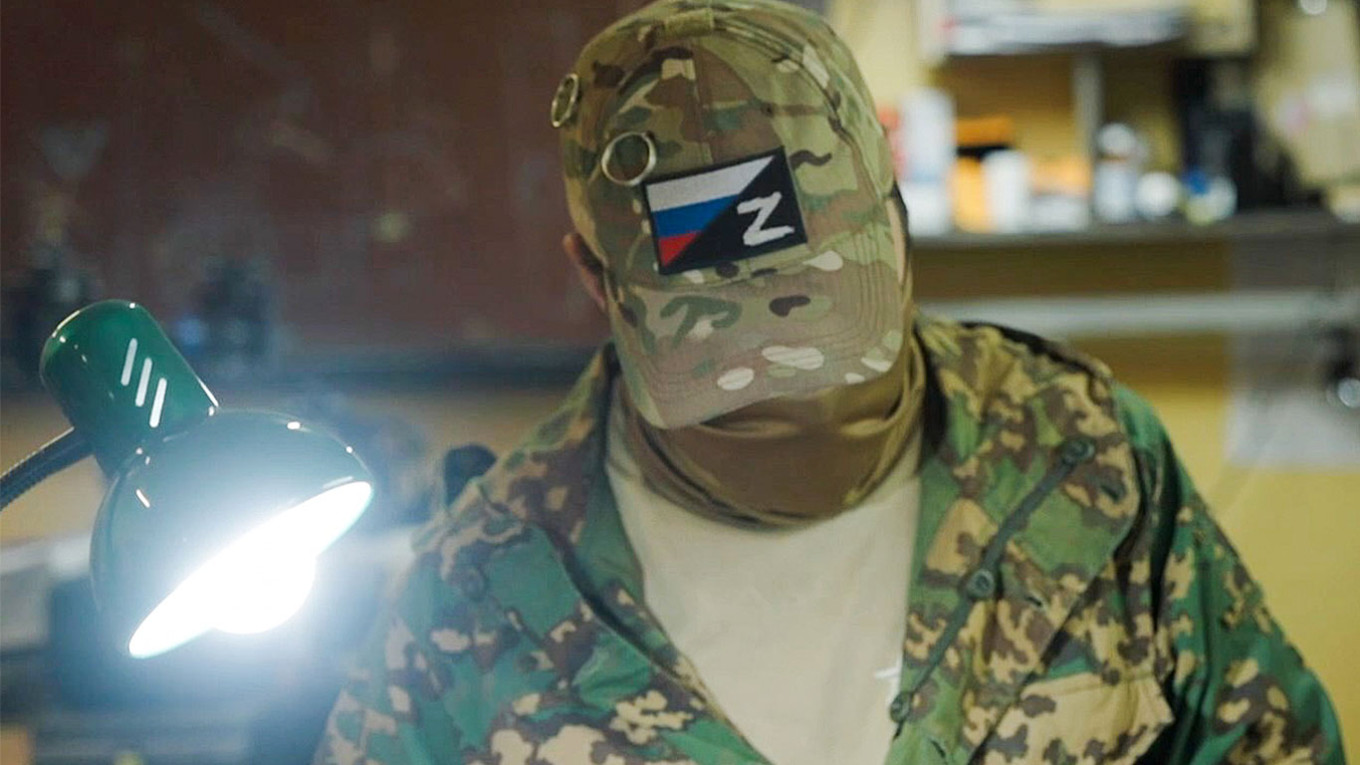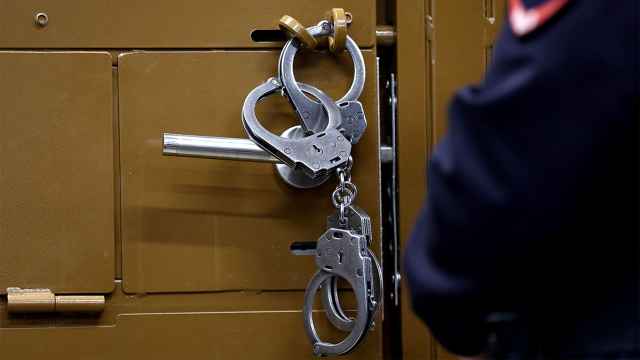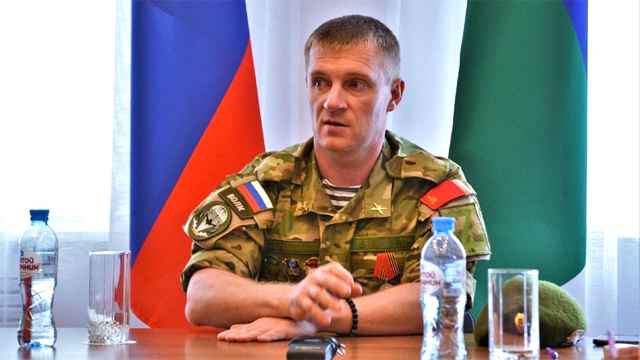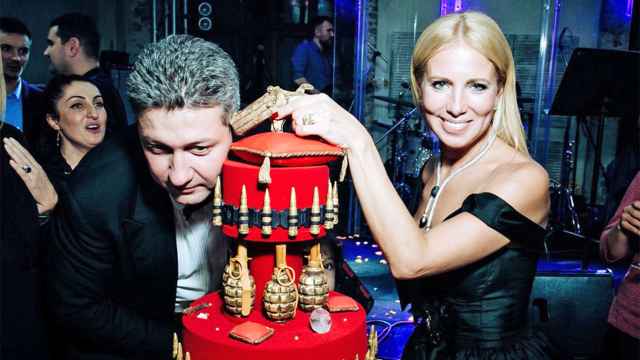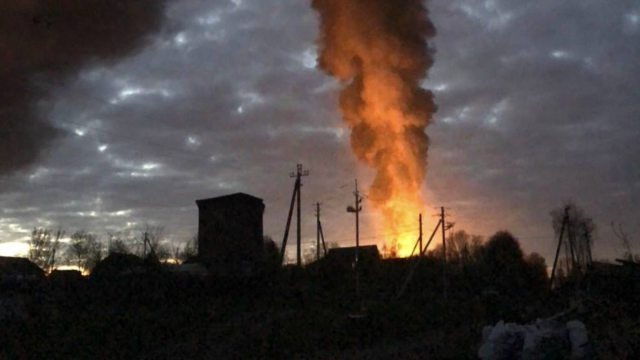On a recent May afternoon, a Russian train trundles through the country’s southwestern regions near the border with Ukraine.
The train’s dining car is packed with Russian soldiers. Some are heading to the front lines in Ukraine, where their country has been waging war for over two years, while others are returning home for a short leave. Most of them are drinking.
“Making war against the Ukrainians is tough,” confesses Dima, a soldier in his 40s. “It's like fighting against some of our own.”
With his ice-blue eyes, square jaw and muscular arms, he looks like he stepped out of an old Soviet war movie.
His face shows small wounds, the result of diving face-down into a trench to escape a bomb dropped by a drone. As he sips samogon, a homemade vodka, he says he is a career soldier, with experience in the Russian Naval Infantry in Syria and now on the Kherson front in southern Ukraine.
Like the other Russian soldiers interviewed for this story, Dima’s name has been changed due to the risk of repercussions.
Dima has many relatives in Ukraine, some of whom are fighting on the side of Kyiv. He prays every day that he will not meet them on the battlefield.
Once, his unit captured a Ukrainian soldier.
“Honestly, I felt really bad,” says Dima. “He said he didn’t want to fight, and I didn’t want to fight against him either.”
He sees that his wife is calling him, but does not pick up the phone.
“She would be able to tell from my voice that I’m a bit tipsy and would scold me,” the soldier explains, smiling. He shows a photo of her and their four children. His expression turns gloomy; he has rarely seen them over the past two years.
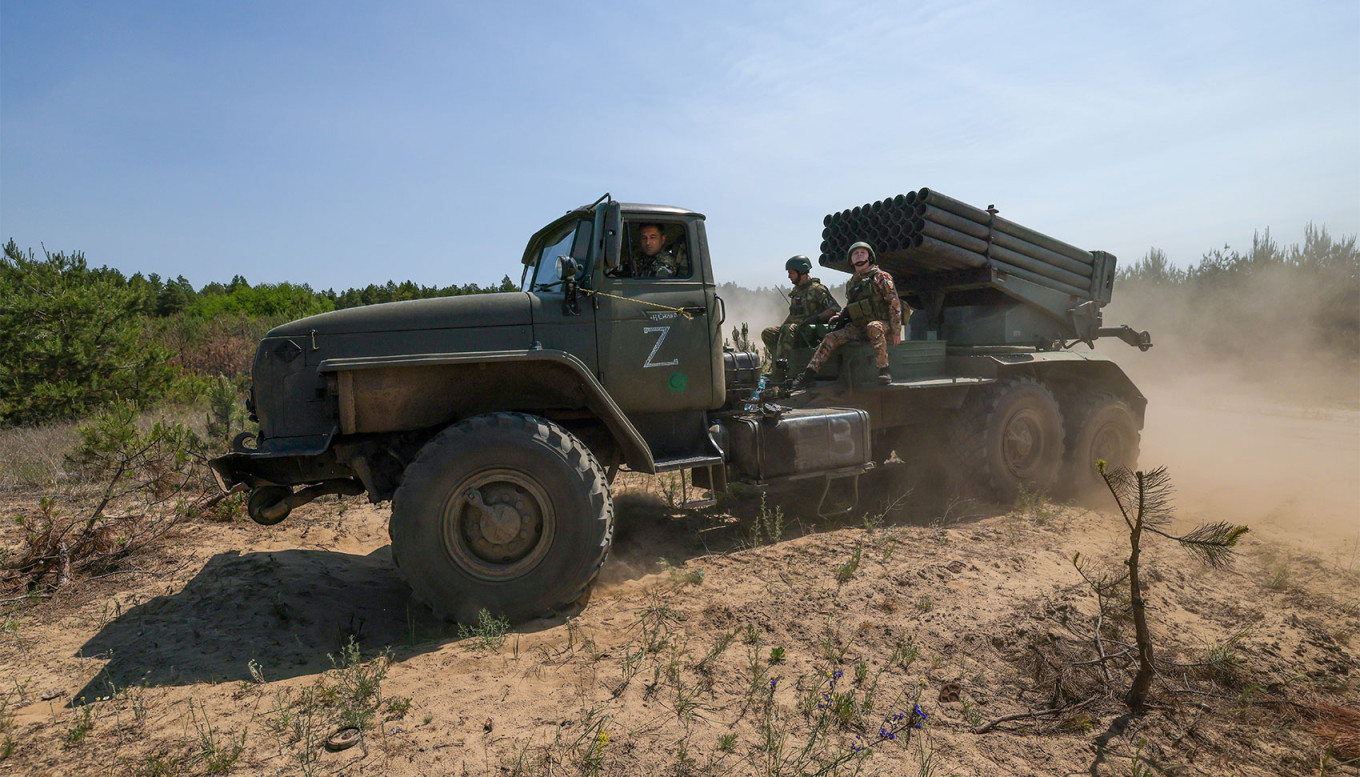
Opposite Dima sits a hefty soldier named Pavel.
Before the full-scale invasion, Pavel worked as a senior specialist at one of Russia’s largest companies. He enlisted in the military as a volunteer after he had been told some of his relatives were killed by Ukrainian soldiers at the start of the war.
Today, his job is to manage anti-aircraft systems and plan offensives. Countless lives depend on his decisions, he says.
“I draw arrows on a map, and the soldiers move forward,” Pavel explains after opening yet another beer.
Sometimes, Pavel finds himself in the difficult position of sending squads of men into an attack, well aware that their chances of survival are slim. It is a distraction tactic meant to pull enemy forces’ attention from the main offensive taking place elsewhere.
“I can’t tell the men, otherwise they wouldn’t fight with the hope of winning,” the soldier explains, his eyes glistening with emotion.
“And after all this, you don’t sleep well,” he says, pointing to the grey hairs on his head that have appeared in recent months.
Because he had a high-paying job before the war, Pavel asked that his military salary be donated to an orphanage.
“I don't want to be paid to kill people,” he explains.
Some soldiers are visibly drunk. A misunderstanding sparks a fight between Dima and another passenger; it seems they are about to come to blows, but then they calm down. They channel their tension into an improvised push-up competition between the dining car’s tables as the irritated waiters look on.
The soldiers describe the front line as hell on earth. The losses on the Russian side are enormous: hundreds each day, some of the men say. Drones sow death from the sky, finishing off wounded soldiers on the battlefield where they lay.
Dima always keeps a grenade hanging from his belt. He would rather blow himself up than be captured and face torture.
“Many young guys I knew are dead, they weren’t even 30,” says Yegor, a family man from the republic of Tatarstan, in one of the passenger compartments.
He was called up to fight during the “partial” mobilization of 2022. “Only a few among us who were mobilized are left,” he says.
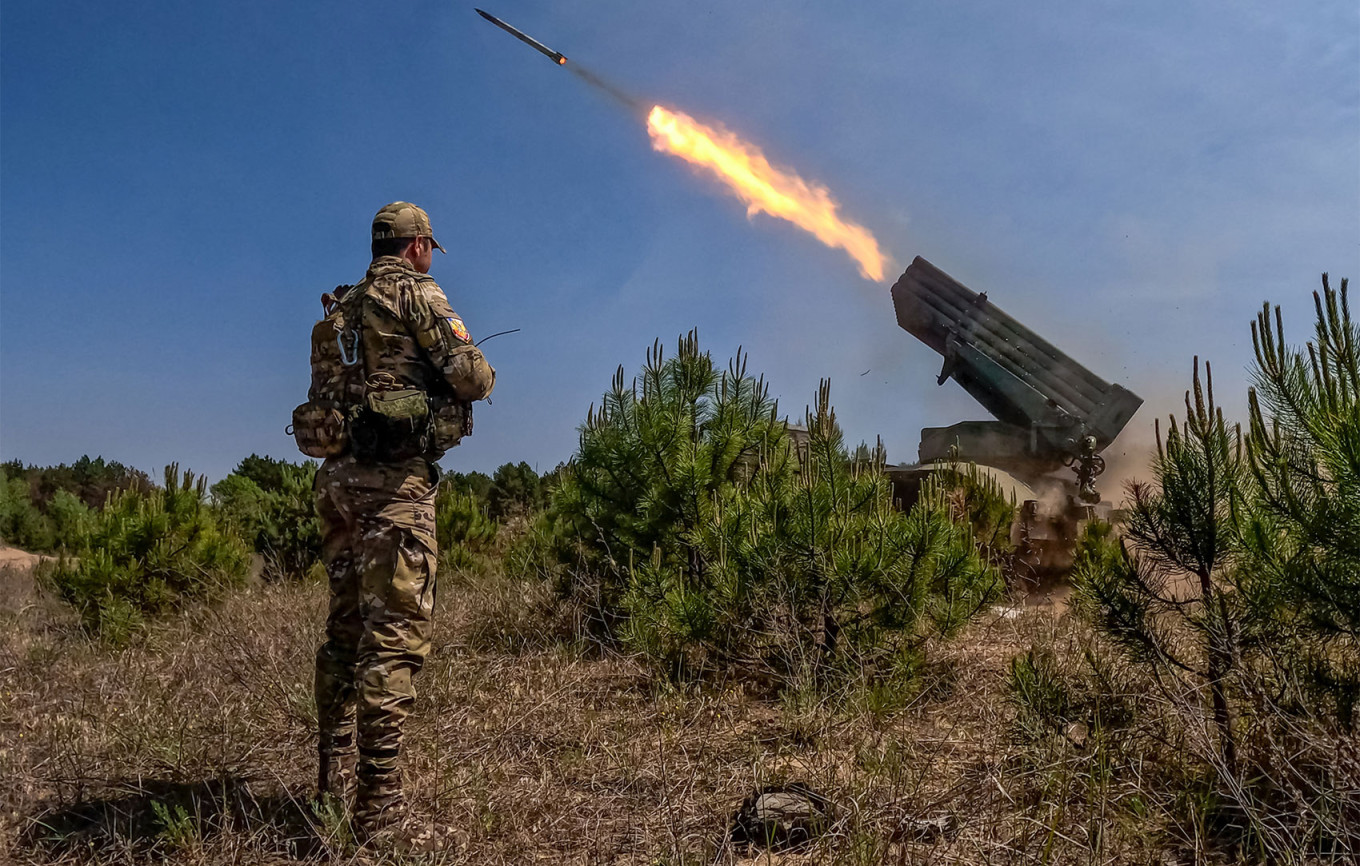
Last December, Yegor and his comrades were hiding inside a house on the Vuhledar front in the Donetsk region when a tank discovered them and opened fire, wounding him in the leg. For the injury, he was compensated 3 million rubles ($33,500), which he used to buy a new house.
Despite having shrapnel still lodged in his leg and being diagnosed with PTSD, Yegor was deemed fit for service and is heading back to the front.
“If I didn’t risk five years in prison for desertion, I would get off the train now and go home, even by foot,” he confesses. “This war is pointless.”
Back in the dining car, another soldier smiles bitterly as he explains that he is heading to the front.
“I probably won’t make it this time,” he says, pointing to the gunshot wound on his chest, which has not yet fully healed.
Both Dima and Pavel say they do not doubt that Russia will eventually win, no matter how long it takes and how many lives it costs.
“We are reclaiming our historic lands,” says Dima, who says he believes that Ukraine has never been a sovereign nation.
“Russia won't go any further [past Ukraine] unless NATO countries attack us,” he adds.
Pavel compares the ongoing war to a challenge between two boxers.
“In the end, it will be them who run out of energy first.”
It's almost 11:00 at night, and the dining car is about to close. One of the soldiers stands up and proposes a toast. The atmosphere, once noisy and cheerful, suddenly turns solemn.
“To the boys,” says the soldier.
Dima and Pavel stand up with everyone else and drink in silence.
A Message from The Moscow Times:
Dear readers,
We are facing unprecedented challenges. Russia's Prosecutor General's Office has designated The Moscow Times as an "undesirable" organization, criminalizing our work and putting our staff at risk of prosecution. This follows our earlier unjust labeling as a "foreign agent."
These actions are direct attempts to silence independent journalism in Russia. The authorities claim our work "discredits the decisions of the Russian leadership." We see things differently: we strive to provide accurate, unbiased reporting on Russia.
We, the journalists of The Moscow Times, refuse to be silenced. But to continue our work, we need your help.
Your support, no matter how small, makes a world of difference. If you can, please support us monthly starting from just $2. It's quick to set up, and every contribution makes a significant impact.
By supporting The Moscow Times, you're defending open, independent journalism in the face of repression. Thank you for standing with us.
Remind me later.



